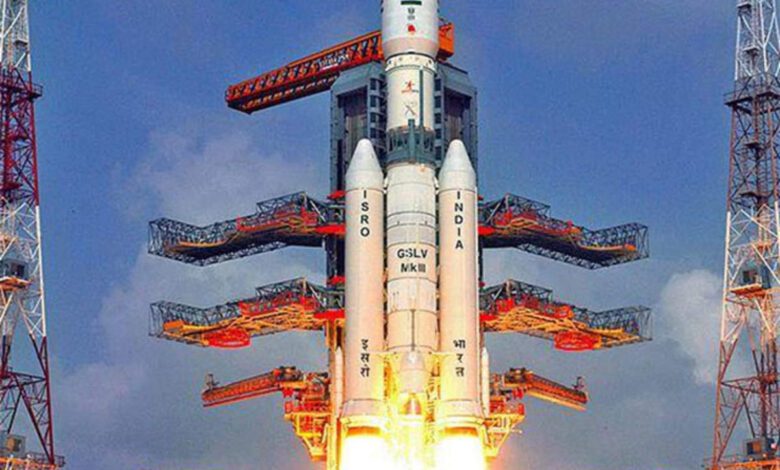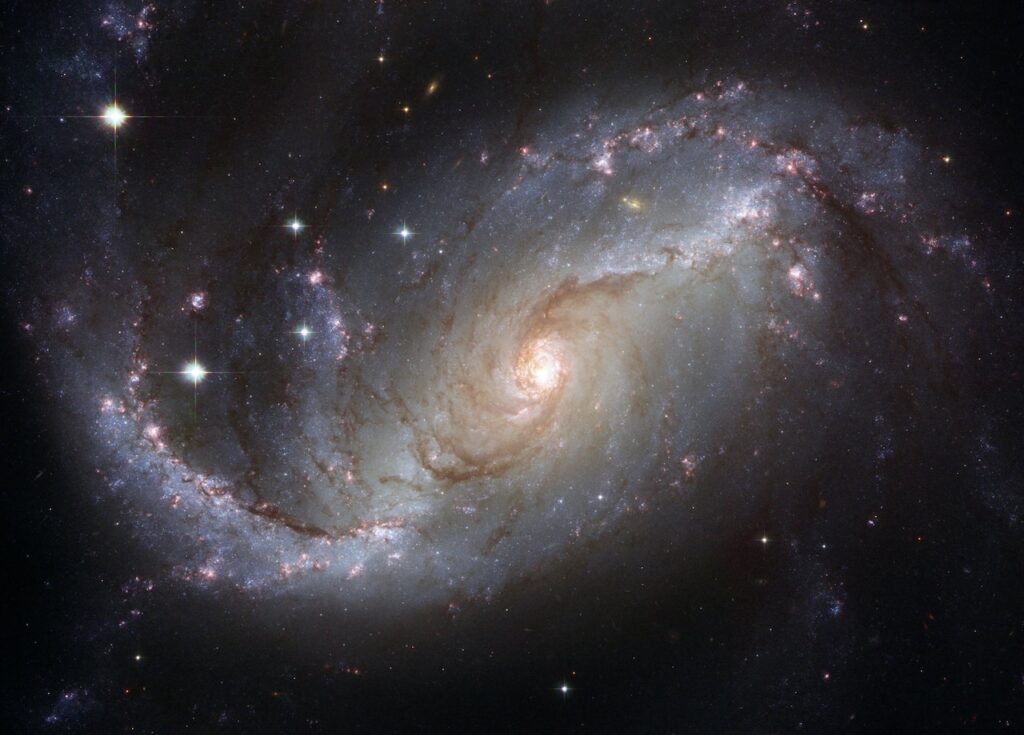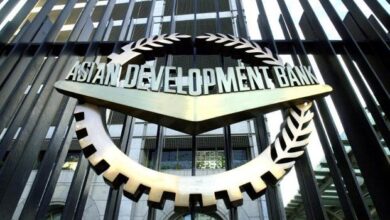India’s space economy projected to reach $40 billion by 2040
India's space market, which is currently estimated to be worth $8 billion, may grow to $40 billion by 2040, claims Science and Technology Minister Jitendra Singh.

The India’s space economy may reach up to $40 billion by 2040, according to Jitendra Singh, Minister of State (Independent Charge), Ministry of Science and Technology, who was speaking at the Science20 conference’s opening session at Amity University. He did point out that, thanks to international standards, the Indian space sector might cross the $100 billion threshold by 2040.
A previous study by ‘Arthur D. Little’ predicts the same-
Additionally, a previous study by global management consulting company Arthur D. Little predicted that India’s space economy may increase at least four times by the year 2040.
According to the prediction, India’s space market, which is currently estimated to be worth $8 billion, may grow to $40 billion by 2040 and perhaps even $100 billion if the correct strategies are put in place, according to the report.
According to the report, India’s space market currently accounts for 2% of the global space economy and has had 4% growth in recent years.
“Under Prime Minister Narendra Modi’s leadership, India has achieved remarkable milestones in Science & Technology. India’s space sector, which had just four start-ups in 2014, has now surged to over 150, with the space economy currently valued at $8 billion,” Jitendra Singh said.
Science Minister also acknowledged the recent successful landing of Chandrayaan-3, a testament to India’s scientific prowess and collective acumen. He emphasised that India is poised to take a leading role in global scientific endeavours.
Four companies in the space industry existed in India in 2014, but by 2023, there are more than 150, according to Union Minister Jitendra Singh.
“In 2014, the country had 350 startups but today we have more than 1.25 lakh startups and 130 unicorns. Of the 1.25 lakh startups, 6,000 are in the unicorn sector itself which has transformed the landscape of innovation in the country,” Singh made this statement during the Amity University S20 Conference, which was launched under G20 auspices.

“There were only four space startups in the country in 2014 whereas in 2023, there are more than 150 startups. Our Space economy is currently at USD 8 billion and estimated to reach USD 40 billion by 2040,” the minister added.
India’s Space economy :
An anticipated to create numerous job opportunities and contribute to technological advancements, making it a crucial sector for the country’s economic development.
Other start-ups and unicorns are expanding rapidly-
In 2014, there were 350 startups in the nation; as of today, there are more than 1.25 lakh startups, including 130 unicorns. Out of 1.25 lakh start-ups, 6,000 are in the unicorn sector, which has completely changed the country’s innovation scene.
“India’s commitment to innovation is evident in its rise in the Global Innovation Index, jumping from 81 to 40, further solidifying its position in the S&T domain,” Singh said.
The S20 event-
The Science20 event, a global endeavour for sustainable development, was hosted under India’s G20 Presidency and is in line with the motto “One Earth, One Family, One Future.” Global leaders are gathered to discuss how science might advance sustainable development. The subthemes, “Clean Energy for Greener Future,” “Universal Holistic Health,” and “Science for Society & Culture,” are in line with India’s dedication to a sustainable and inclusive future.
Singh emphasised India’s commitment to a world with no emissions of greenhouse gases and its global leadership in the production of green hydrogen.
“India is working on Zero Gas Emissions and has taken the lead in producing Green Hydrogen not only for itself but for the entire world. We will be the major exporter of hydrogen in upcoming years,” Singh stated.
The S20 outreach initiatives invite young students and scientists to offer creative thoughts and perspectives to Science20 in order to increase awareness of the societal implications of science, research, and innovation.
Please, also have a look into : NASA to retire the International Space Station by 2031, plans to crash it into Pacific Ocean



